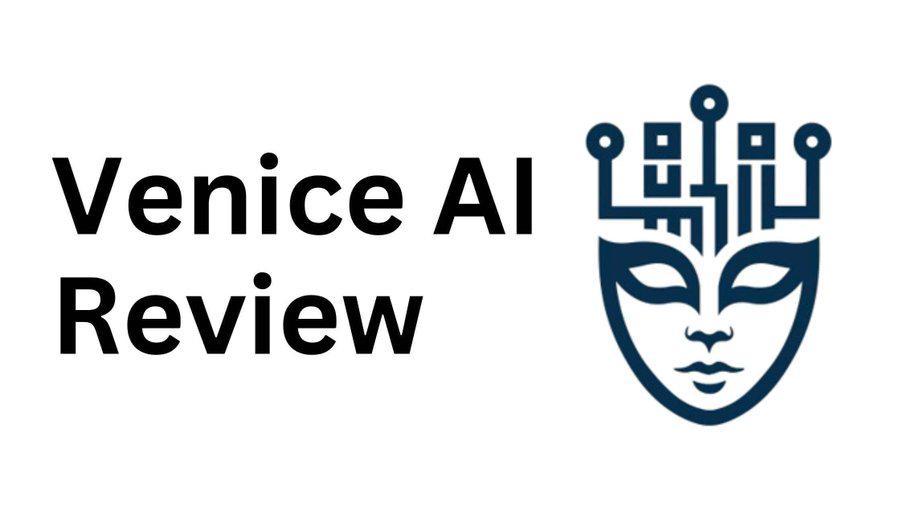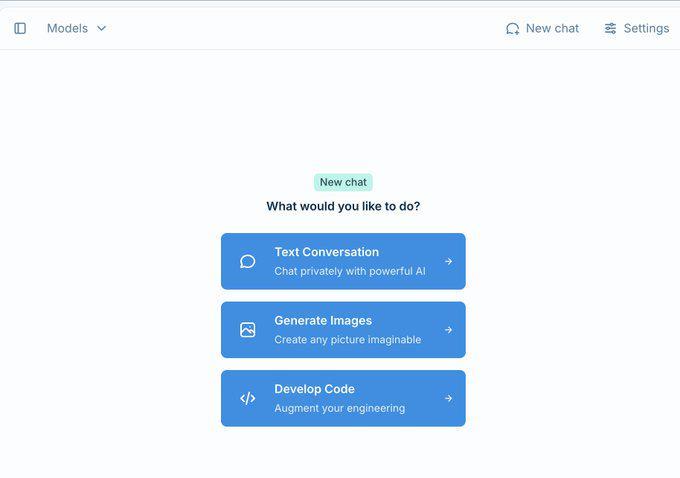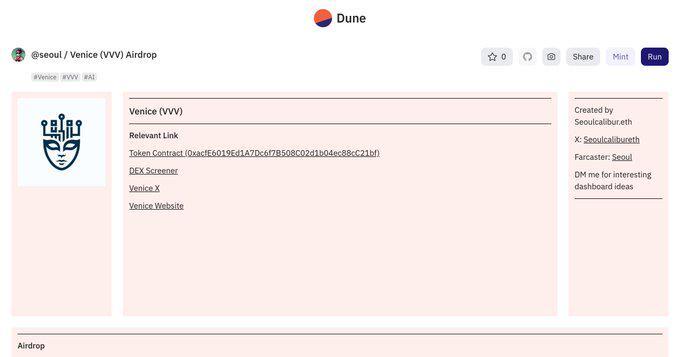
Author: XinGPT
Let's quickly review the new Base AI project - Venice @AskVenice that was launched on Coinbase today.
Venice AI is an artificial intelligence platform focused on privacy protection, decentralization and censorship resistance, founded by ShapeShift founder Erik Voorhees in 2024, with an underlying integration of open-source large models including the popular Deepseek.
Technical Features
Decentralized Architecture
Built on the Ethereum Layer 2 network Base, using blockchain technology to ensure data security and decentralized processing, reducing reliance on traditional intermediaries.
Processes requests through a distributed GPU network (such as Akash), avoiding storing user data on a central server, with all conversation records only saved on the user's local device.
Integrated Open-Source Models - Supports DeepSeek!
Adopts Meta's Llama 3.3 (text generation), Deepseek, Stable Diffusion (image generation) and other open-source models, supporting community-driven technology improvements. Provides custom model training functionality, allowing users to upload datasets and adjust parameters to suit personalized needs.
Privacy Protection Mechanism
Zero data retention: Does not store user queries or generated content, only requires IP address (can be hidden via VPN), supports anonymous registration.
Local processing: Image generation, code debugging and other tasks are prioritized for completion on the user's device, reducing the risk of data leaks.

Core Functions
Multi-Modal Generation Capabilities
Text generation: Supports uncensored dialogue, document summarization, creative writing and other functions, with response speed comparable to mainstream AI.
Image generation: Provides over 70 style templates, supports high-resolution output (Pro version without watermark), with a daily generation capacity of 1,000 images.
Code assistance: Can generate code snippets, debug programs, and support file upload analysis.
Document and Data Analysis
Supports PDF document parsing, automated data visualization, and sensitive research project processing, suitable for confidential scenarios.
API and Extensibility
Pro users can access the API, integrate with third-party tools or workflows, and customize system prompts to adjust AI behavior.
Core Advantages
Privacy and Censorship Resistance
Unlike mainstream AI platforms (such as ChatGPT), it does not have content filters, allowing for free expression, particularly appealing to users concerned about privacy.
Local storage and blockchain technology ensure data sovereignty belongs to the user, avoiding corporate surveillance.
Flexible Business Model
Free version: 25 text interactions and 10 image generations per day, suitable for light users.
Pro version: $8 per month (or $149 per year), provides unlimited text, 1,000 images per day, high-definition output and safe mode options, with high value for money.
Community-Driven and Transparency
50% of VVV Tokens are allocated to users and the AI community, using Token economics to incentivize ecosystem participation, with an annual inflation rate of 14% for API expansion.
Open-source code allows third-party audits, enhancing trust.
Potential Challenges
Content Risks: The lack of content moderation may lead to the spread of misinformation or abuse of generated content (such as adult content), requiring user self-discipline.
Functional Limitations: Reliance on open-source models, some capabilities (such as complex logical reasoning) may be weaker than closed-source competitors.
User Experience: The interface is simple, but advanced features (such as model training) have a relatively high threshold for non-technical users.
Token Mechanism
The total supply of VVV Tokens is 100 million, with the main function being that Token stakers can increase their inference capacity based on the amount staked, and the more they stake, the more they can request API calls. There is a 7-day cool-down period to withdraw the staked Tokens.
25 million Tokens are allocated to 100,000 early Venice users;
25 million Tokens are airdropped to eligible Base users, including Virtuals and holders of Luna, VaderAI and other Agents.
The airdrop is based on a snapshot taken on December 31st; the deadline to claim is March 13th, and there is no pre-sale for VVV Tokens. (Query page address)

The remaining Tokens are distributed as follows:
35 million Tokens (35%) are held by Venice, of which 10 million Tokens are allocated to the team (24-month linear release).
10 million Tokens (10%) are used for the Venice Incentive Fund.
5 million Tokens (5%) are used for liquidity deployment on the Base DEX Aerodrome.
User Data and Related Links
Since launching in May 2024: 400,000 registered users, 50,000 daily active users (DAU), and 15,000 inference requests processed per hour.
(Airdrop claim details) (As of the time of writing, 6.5 million VVV Tokens have been claimed)







